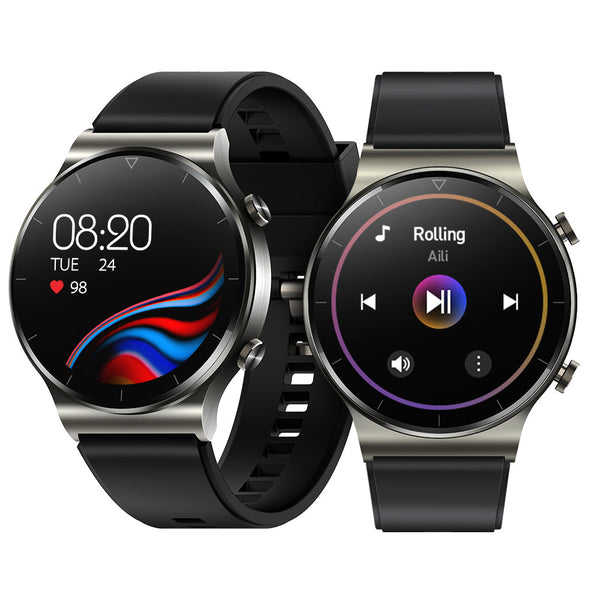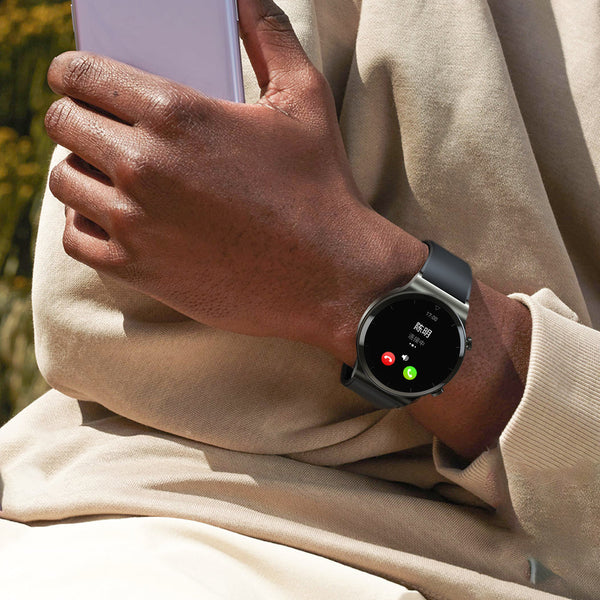Smart Watch with Sleep Tracking
Light exposure plays a significant role in regulating our sleep patterns and overall well-being. The delicate balance between exposure to natural and artificial light influences our circadian rhythm, affecting the quality and duration of our sleep.
In this article, we will delve into the intricate relationship between light and sleep, exploring the impact of light on our bodies and discussing strategies to optimize our sleep patterns for improved health and vitality.
The Role of Natural Light
Natural light, particularly sunlight, serves as a vital regulator of our sleep-wake cycle. Exposure to natural light during the day helps synchronize our internal body clocks, signaling wakefulness and alertness.
The blue light present in sunlight suppresses melatonin production, the hormone that promotes sleep. By being exposed to natural light during the day, we enhance our daytime energy levels and ensure a better quality of sleep at night.
The Impact of Artificial Light
In the modern era, artificial light sources have become pervasive, especially with the widespread use of electronic devices. The blue light emitted by smartphones, tablets, and computer screens can disrupt our natural sleep patterns. Exposure to artificial light in the evening suppresses melatonin production, delaying the onset of sleep and negatively affecting sleep quality. It is crucial to limit artificial light exposure, especially in the hours leading up to bedtime, to ensure a more restful and rejuvenating sleep experience.
Creating a Sleep-Friendly Environment
To optimize sleep, it is important to create a sleep-friendly environment that minimizes light interference. Implementing strategies such as using blackout curtains or eye masks to block external light sources can promote a dark sleeping environment.
Additionally, choosing warm, dimmer lights for evening activities and avoiding electronic devices close to bedtime can help signal the body to prepare for sleep. Establishing a consistent sleep routine and ensuring a comfortable sleep environment can further support a healthy sleep pattern.
The Role of Smartwatches in Sleep Optimization
Smartwatches can play a valuable role in optimizing sleep patterns. These devices often come equipped with sleep tracking features, allowing users to monitor their sleep duration and quality. By analyzing sleep data, individuals can gain insights into their sleep patterns and identify areas for improvement.
Smartwatches can also provide reminders for maintaining a consistent sleep schedule and offer gentle alarms that gradually wake the user up during their lightest sleep phase.
Additionally, some smartwatches offer a night mode that reduces blue light emission, minimizing the sleep-disrupting effects of artificial light. By leveraging these features, individuals can take proactive steps towards improving their sleep habits and overall well-being.
The intricate relationship between light exposure and sleep quality highlights the importance of understanding and managing our exposure to natural and artificial light. By embracing practices that prioritize natural light exposure during the day, limit artificial light exposure in the evening, and create a sleep-friendly environment, we can optimize our sleep patterns and promote better overall health.
Incorporating smartwatches into our sleep routine empowers us to monitor and improve our sleep habits, ensuring we achieve restful nights and wake up refreshed to embrace each new day.













